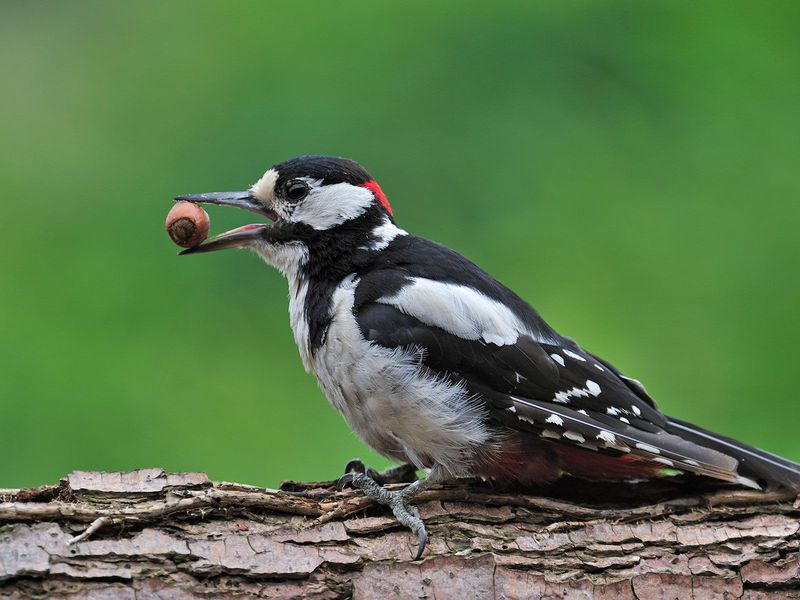
Dinosaurs are long extinct, right?
Not quite. Scientists consider birds to be avian dinosaurs. They first appeared around 150 million years ago as small, raptor-like dinosaurs with feathers, just another branch on the dinosaur family tree. They survived for over 80 million years, occupying virtually every biological niche on the planet.
Then came a major extinction event 66 million years ago, thought to have been a six-mile-wide asteroid carving a huge crater near today’s Yucatan Peninsula. According to the fossil records, more than 75 percent of species were wiped out. The only members of the dinosaur family to continue on were beaked birds.
Why just them? It may have been a vagary of evolution.
The first bird fossil found was Archaeopteryx. It’s 150 million years old and, surprisingly, it had teeth. Toothed birds did very well, thank you, although some of them eventually evolved toothless beaks.
That raises the next question — why toothless beaks? To save weight when flying? Maybe, although some toothed birds of that era appeared to be strong flyers as well. So it probably had something to do with food sources. Teeth are fine for insects and small animals, but there were also lots of fruits and nuts around. A beak makes gobbling up those smaller foods easier.
Then came the asteroid. First, the heat generated by a large rock plunging through the atmosphere would’ve caused widespread fires. Then the impact would’ve kicked large amounts of debris high into the air, blocking out the sun and causing temperatures to plunge. Until all of that junk fell to earth and conditions stabilized, what would be left to eat for what could’ve been decades? Probably mostly nuts and seeds. This gave the beaked birds a survival advantage.
Now, it’s a bit presumptuous to think one physical factor would’ve been decisive; life is more complicated than that. Eating lots of seeds means needing a powerful gizzard, and factors like body size need to be considered. Still, until more fossils are found and more data are collected, the advantages of having a beak seem pretty clear.
Taken from “Why Birds Survived, and Dinosaurs Went Extinct, After an Asteroid Hit Earth” by Riley Black (https://www.smithsonianmag.com/science-nature/why-birds-survived-and-dinosaurs-went-extinct-after-asteroid-hit-earth-180975801/?)
